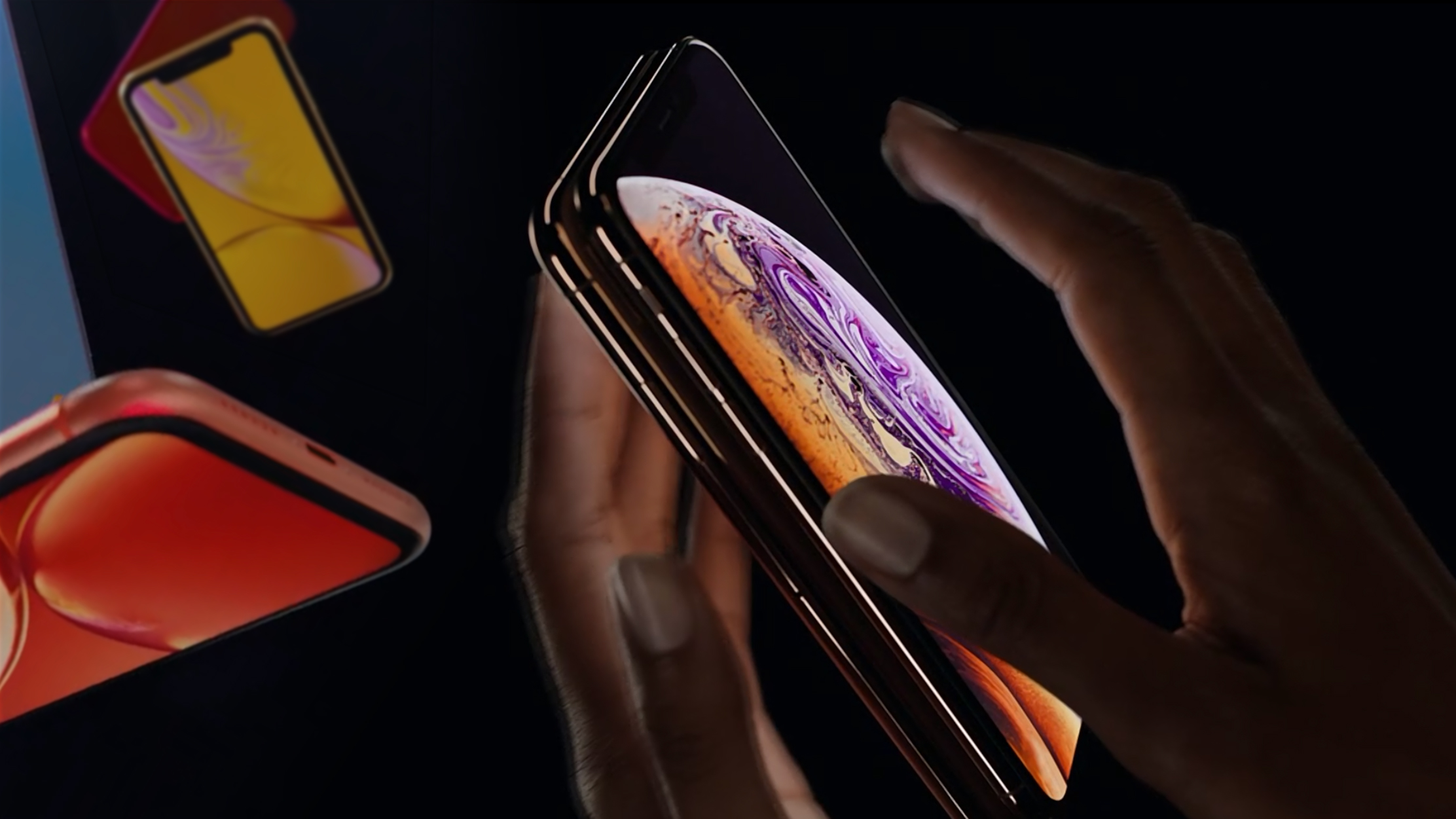The iPhone XS and XS Max may have been with us for less than a week, but already a ton of stories have surfaced about their performance in the wild – not all of them flattering to Apple’s latest and greatest.
Let’s take a quick look at what’s going on in the land of XS.
The good
The iPhone XS Max has been awarded the top prize a smartphone screen can hope for: DisplayMate’s “best smartphone display award.” The Super Retina display was tested to its limits and came away with the best review the company has ever given. Wow.
Perhaps the display is one of the reasons the iPhone XS Max is “significantly” outselling the XS. More likely is the fact that there was pent-up demand from large screen enthusiasts who settled for an iPhone X last year. Either way, it shows Apple made the right choice in bringing a huge 6.5-inch screen to its lineup.
The bad
Independent testing in the past week has seen a few minor flaws surface. Firstly, it seems the “improved” Face ID on iPhone XS can still be fooled by identical twins. Though in fairness, Apple has admitted that familial resemblance will lower the face recognition capabilities. Our suggestion? Turn it off and use a password if you have an evil twin.
Also slightly concerning is the news that both the iPhone XS and XS Max have slightly worse battery life than last year’s iPhone X, despite Apple’s claims of improvements in that department. The tests also prove that Apple is lacking a little behind Android in terms of battery life.
The ugly
Lastly, there have been some complaints of poor wireless reception from iPhones XS and XS Max owners. This seems to affect users connecting via both Wi-Fi and cellular and is affecting multiple cell networks. It’s not yet clear if this is a software problem that could be fixed in iOS 12.1 or a case of a “bad batch” of iPhones making it into public. The number affected is relatively small, but Apple will want to handle the complaints promptly to avoid another controversy.

